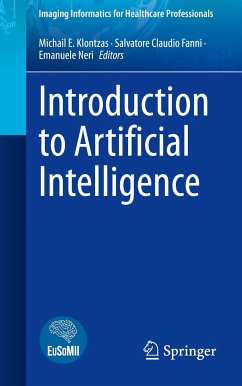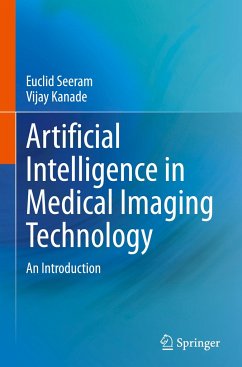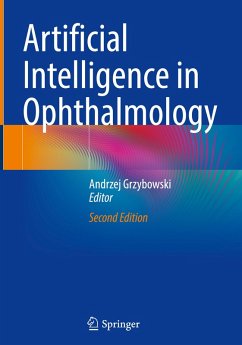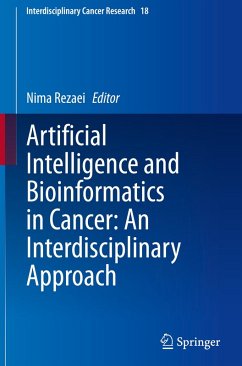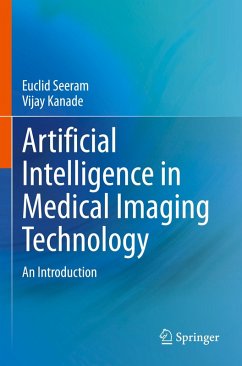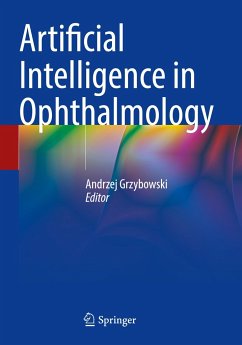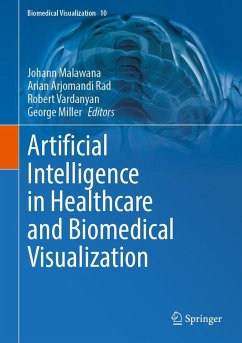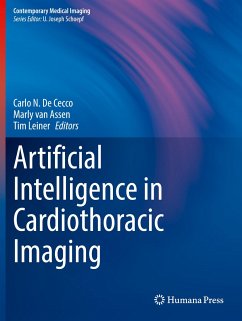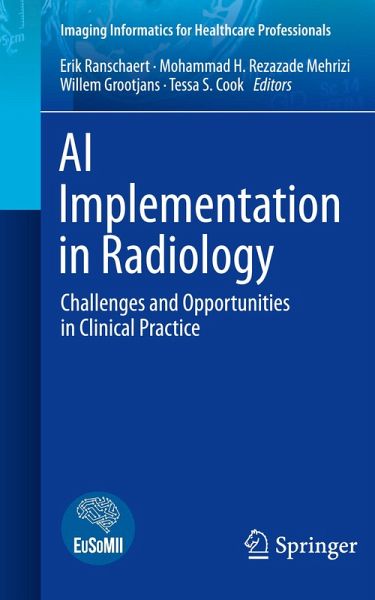
AI Implementation in Radiology
Challenges and Opportunities in Clinical Practice
Herausgegeben: Ranschaert, Erik; Rezazade Mehrizi, Mohammad H.; Grootjans, Willem; Cook, Tessa S.

PAYBACK Punkte
30 °P sammeln!
This book describes change management in the context of implementing AI in medicine and radiology. Why do many medical institutions struggle to use AI in their clinical practice? What are the essential steps for and before an effective implementation of AI in radiology workflow? How can AI implementation trigger enduring improvements in the clinical process? The book shows how change management is crucial to effectively introduce AI to medicine and radiology, transform healthcare delivery and ensure a smooth transition while maximizing the benefits of AI and minimizing potential disruptions.Ch...
This book describes change management in the context of implementing AI in medicine and radiology. Why do many medical institutions struggle to use AI in their clinical practice? What are the essential steps for and before an effective implementation of AI in radiology workflow? How can AI implementation trigger enduring improvements in the clinical process? The book shows how change management is crucial to effectively introduce AI to medicine and radiology, transform healthcare delivery and ensure a smooth transition while maximizing the benefits of AI and minimizing potential disruptions.
Change management in the context of AI in medicine and radiology involves a systematic approach to identify, plan, implement, and evaluate the integration of AI technologies into healthcare systems. It engages the necessary stakeholders at the appropriate points in the process to ensure that change is implemented properly. By effectively managing the change, healthcare organizations can harness the potential of AI to enhance patient care, improve diagnosis accuracy, and optimize operational efficiency in radiology and other medical specialties.
Throughout this change management process, organizations should prioritize ethical considerations, data privacy, and regulatory compliance to ensure that AI technologies are deployed responsibly and in accordance with relevant guidelines and regulations.
Change management in the context of AI in medicine and radiology involves a systematic approach to identify, plan, implement, and evaluate the integration of AI technologies into healthcare systems. It engages the necessary stakeholders at the appropriate points in the process to ensure that change is implemented properly. By effectively managing the change, healthcare organizations can harness the potential of AI to enhance patient care, improve diagnosis accuracy, and optimize operational efficiency in radiology and other medical specialties.
Throughout this change management process, organizations should prioritize ethical considerations, data privacy, and regulatory compliance to ensure that AI technologies are deployed responsibly and in accordance with relevant guidelines and regulations.



